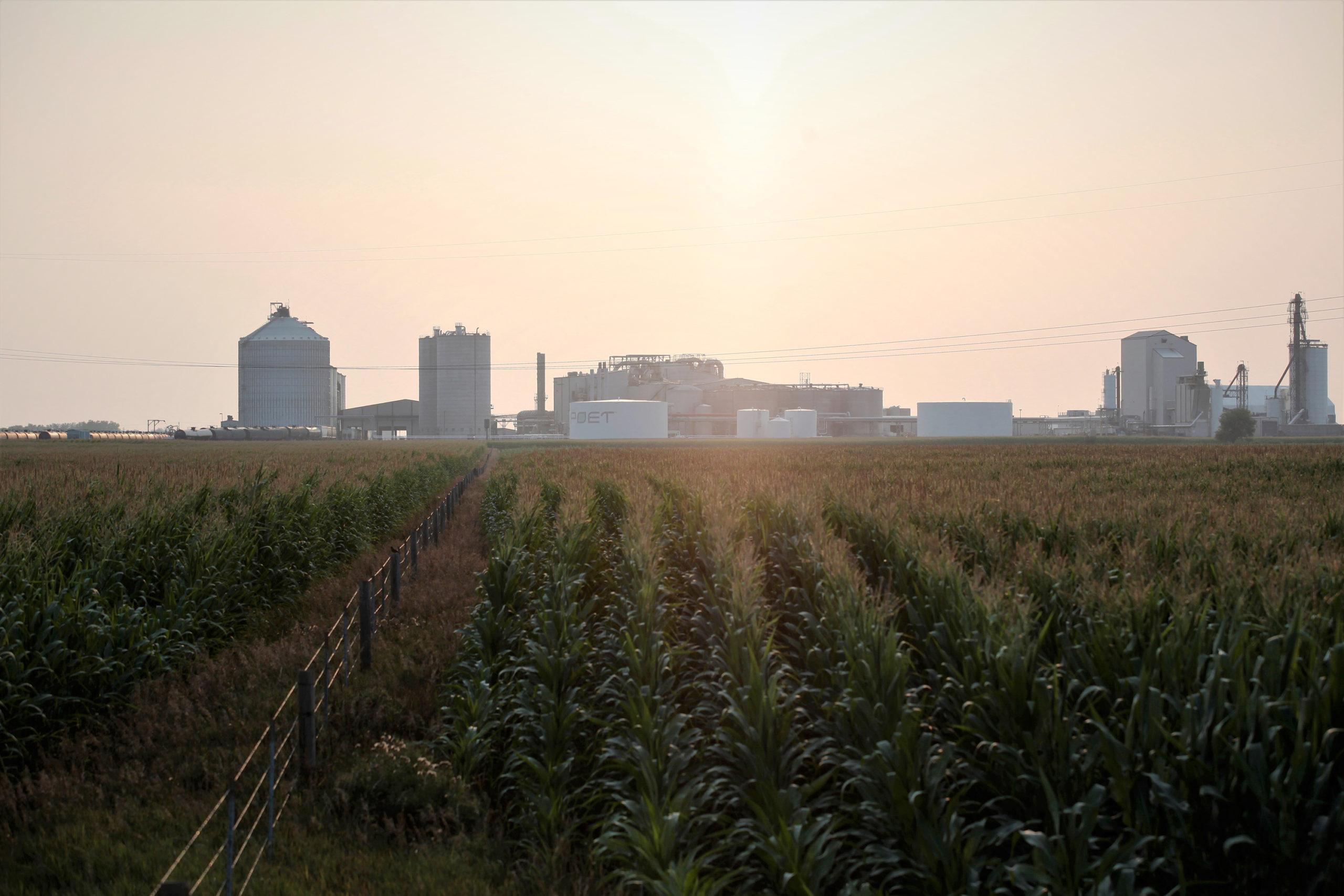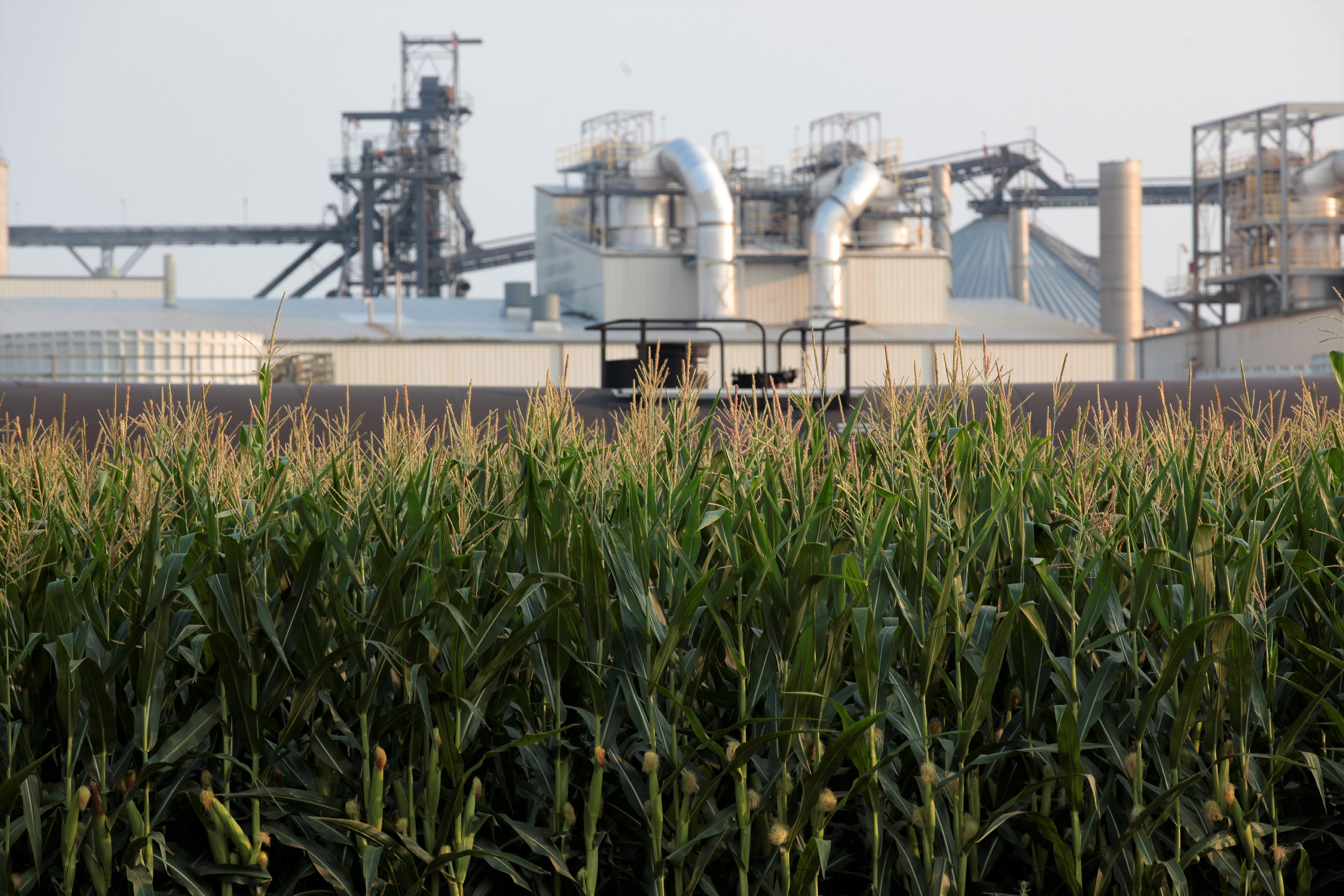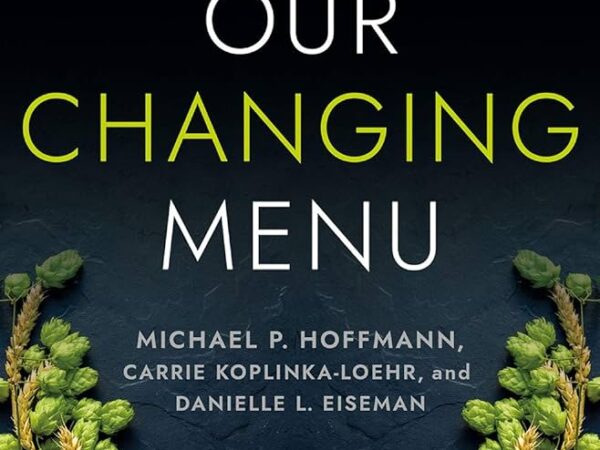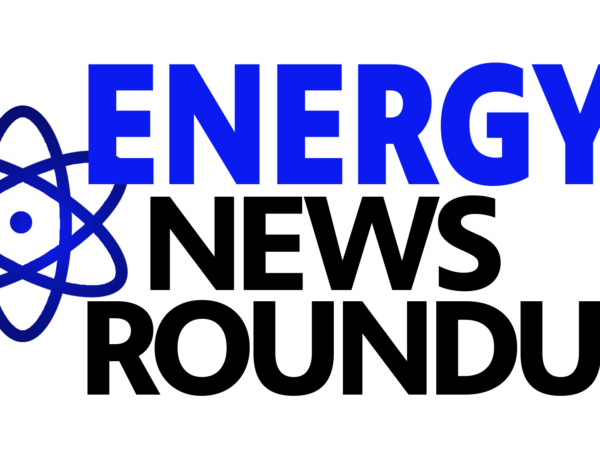
SIOUX FALLS, S.D. (AP) — Two companies seeking to build thousands of miles of pipeline across the Midwest are promising the effort will aid rather than hinder the fight against climate change, though some environmental groups remain skeptical.
The pipelines would stretch from North Dakota to Illinois, potentially transforming the Corn Belt into one of the world’s largest corridors for a technology called carbon capture and storage.
Environmental activists and landowners have hindered other proposed pipelines in the region that pump oil, carrying carbon that was buried in the earth to engines or plants where it is burned and emitted. The new projects would essentially do the opposite by capturing carbon dioxide at ethanol refineries and transporting it to sites where it could be buried thousands of feet underground.
Both companies planning the pipelines appear eager to tout their environmental benefits. Their websites feature clear blue skies and images of green fields and describe how the projects could have the same climatic impact as removing millions of cars from the road every year.
However, some conservationists and landowners are already wary of the pipelines’ environmental benefits and safety, raising the chances of another pitched battle as the projects seek construction permits.
“It seems like they are running a casino of risk and we are going to pay for it,” said Carolyn Raffensperger, the director of the Science and Environmental Health Network, expressing fears about a leak that could put North Dakota landowners like herself at risk. “We need to think this through very carefully, and I do not see the players in place to do that.”
The pipelines could fall into a longstanding divide among environmentalists. President Joe Biden and many Republicans are pushing a strategy for tackling climate change that offers a financial boon to industries that use carbon capture and storage to reduce their emissions. But others, such as Greenpeace and Vermont Sen. Bernie Sanders, argue the focus should be completely on developing renewable energy sources and that carbon capture just prolongs dependence on fossil fuels.

Project developers plan to build carbon capture pipelines connecting dozens of Midwestern ethanol refineries, such as this one in Chancellor, South Dakota, shown on Thursday, July 22, 2021. Corn absorbs the greenhouse gas carbon dioxide, but the process of fermenting it into ethanol releases carbon dioxide emissions. (AP Photo/Stephen Groves)
Navigator CO2 Ventures, which is planning a pipeline that will stretch over 1,200 miles (1,931 kilometers) through Iowa, South Dakota, Nebraska, Minnesota and Illinois, says it is offering “carbon capture solutions for a greener planet.” While Summit Carbon Solutions, whose pipeline will connect refineries in Iowa, Minnesota, Nebraska and South Dakota to a sequestration site in North Dakota, says it plans to build the world’s largest carbon capture and storage project. Both hope to start some operations by 2024.
“There’s so much societal momentum that says this is something we want to do — should do, need to do — for the public’s benefit,” said Matt Vining, the CEO of Navigator CO2 Ventures. “My project and many others will get done and should get done.”
Supporters say the pipelines are a much-needed win for both agricultural businesses and the environment. The two projects are expected to run into the billions of dollars, spurring construction jobs. And they advance a technology crucial to achieving a 2050 goal of net-zero carbon dioxide emissions — in which every gram of emissions is accounted for by providing a way to eventually suck it back out of the atmosphere.
“All sides win. You significantly reduce carbon emissions, but you can also maintain those industries that are the lifeblood of different regions of the country,” said Brad Crabtree, who oversees carbon management policy at the Great Plains Institute, a Minnesota-based organization that works with energy companies to develop environmental sustainability.
Crabtree, who also directs a group called Carbon Capture Coalition, sees it as a way to bridge partisan divides as the country addresses climate change. As evidence, he points to one high-profile Republican backer — North Dakota Gov. Doug Burgum — who is pushing a plan to make the state carbon-neutral by 2030, “through innovation not regulation.”
The federal government set off the scurry of pipeline plans by increasing, by 2026, tax credits to $50 for every metric ton of carbon dioxide a company sequesters. California’s Low Carbon Fuel Standard has sweetened the deal by requiring that distributors in that state buy only ethanol with a low carbon emissions impact; companies that produce such ethanol can get a higher price.
While the practice of storing carbon dioxide in rock formations has been around for almost 50 years, developing technology that captures carbon emissions has proven to be expensive and struggled to gain widespread use.
Ethanol refineries could represent the low-hanging fruit that helps push the technology forward into widespread use. Plants such as corn are natural sponges of carbon dioxide, absorbing the gas and storing carbon as they grow through the spring and summer. When those crops ferment into ethanol, which is eventually mixed with gasoline, it produces a steady, easily-captured stream of carbon dioxide.

Project developers plan to build carbon capture pipelines connecting dozens of Midwestern ethanol refineries. Poet, the country’s largest producer of biofuels, operates this refinery in Chancellor, South Dakota, shown on Thursday, July 22, 2021. The company has not indicated whether it will connect its ethanol refineries to the carbon capture pipelines. (AP Photo/Stephen Groves)
“These early plants are relatively easy and that’s a good place to start,” said Greg Nemet, a professor at the University of Wisconsin-Madison who specializes in the development of climate-friendly energy technology. “As that gets shown and proven, you get some transportation networks, then it gets easier to do the harder stuff later.”
Achieving that harder stuff — sucking carbon dioxide already in the atmosphere or catching emissions at power plants — will almost certainly be crucial to beating back global temperature increases. The Intergovernmental Panel on Climate Change reached that conclusion in 2018 as it laid out a path to halting temperature increases to 1.5 C (2.7 F).
Despite concerns from Raffensperger and others about potential leaks from the pipelines or storage sites, the Environmental Protection Agency has concluded that storing carbon dioxide is safe as long as companies do it carefully. It is injected in a liquefied state into porous rock formations, where it eventually dissolves or hardens into minerals.
Crabtree said there has not been a single human fatality or serious injury in the United States from transporting or storing captured carbon dioxide. He thinks that as long as companies act responsibly, landowners will be convinced the pipelines are safe and can benefit from them.
But Raffensperger still has a range of concerns, including whether a technology that was developed by oil and coal companies can be trusted to make a transformative difference in curbing greenhouse gas emissions. Raffensperger’s organization joined over 500 other environmental organizations in an open letter to Biden denouncing carbon capture and storage as a climate solution.
“We don’t need to fix fossil fuels; we need to ditch them,” the group wrote in a Washington Post ad. “Instead of capturing carbon to pump it back underground, we should keep fossil fuels in the ground in the first place.”
Catch more news on Great Lakes Now:
In break with Trump, House GOP forms group on climate change
Attachment to your community can motivate climate change action
Michigan’s climate-ready future: wetland parks, less cement, roomy shores
API key not valid. Please pass a valid API key.Featured image: Project developers plan to build carbon capture pipelines connecting dozens of Midwestern ethanol refineries. Poet, the country’s largest producer of biofuels, operates this refinery in Chancellor, South Dakota, shown on Thursday, July 22, 2021. The company has not indicated whether it will connect its ethanol refineries to the carbon capture pipelines. (AP Photo/Stephen Groves)




